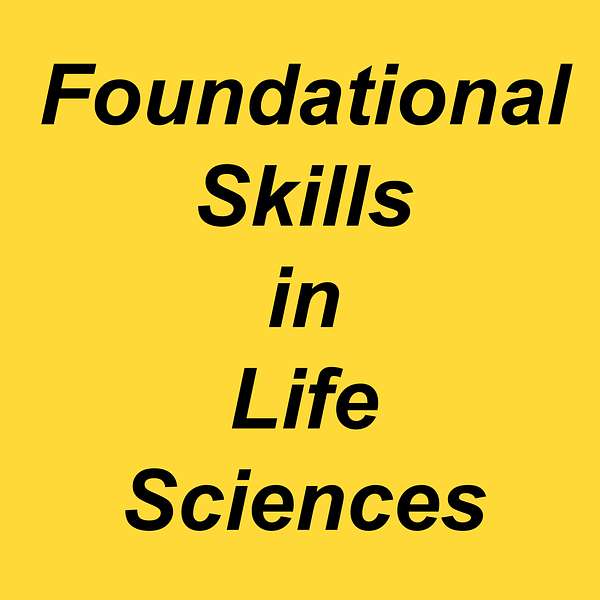
Foundational Skills in Life Sciences
Students and scholars in life sciences need to use many skills to survive and excel during scientific training, which involves listening, reading, writing, and speaking.
But I have seen many of them struggle in understanding and learning those skills.
I am a professor in the U.S., a tenured faculty member with MD, PhD degrees.
I will assist you through the skills, so that you will learn and improve successfully in your professional life.
Please visit my website for more information (https://synaptologica.com/), and send me emails with questions, comments or ideas (ideas@synaptologica.com).
Foundational Skills in Life Sciences
52. Example of a well-written abstract (other than the one by Nobel Laureates)
Let’s talk about an excellent abstract that I read this week. It was so well written, and I was so excited to read it that I wanted to talk about it with you today. The beauty of it is that the first 3 structural components guide us through the authors’ intention and question very clearly. But there was also a little twist to the structure: we will talk about it, too.
The abstract that we talked about today was from the following paper:
- “A meta-analysis of technology use and cognitive aging”
- Benge & Scullin, Nature Human Behaviour, 2025
- “Online ahead of print” (thus, no volume number or page numbers) as of the date of this episode upload.
- PubMed link: https://pubmed.ncbi.nlm.nih.gov/40229575/
- Journal link: https://doi.org/10.1038/s41562-025-02159-9
We can read its abstract on either of the above websites.
Unfortunately, the other parts of the paper are subscription-based. So, they are accessible, if you or your institutions have a subscription to the journal.
This episode = mini-series: reading-32.
(My email is active. But my website is under construction. Please wait for a while. Thank you for the patience!)